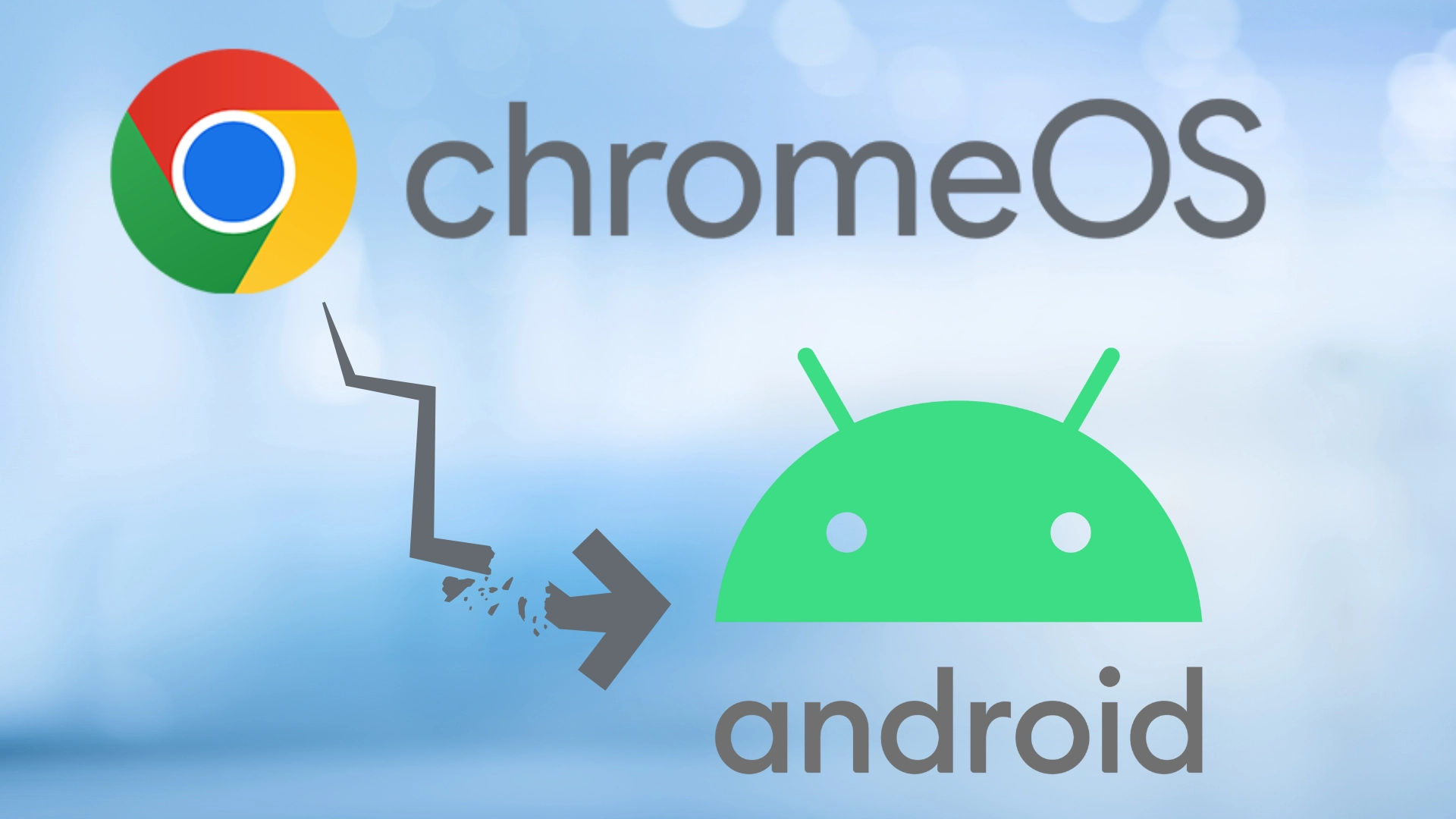

Fragmentation. It’s the unfortunate reality of leveraging an open-source platform as the underlying system that drives much of the world’s smartphone operating systems. If you’ve been an Android user for any length of time, you’ve likely been affected by it at some point; and if you been around long enough, you know how messy it can make things versus the vertical integration of what Apple does in their very-closed ecosystem.
When trying to compare apples to apples (smartphone to smartphone), much of the conversation stalls because of the massive difference between what Google is doing in this sector versus what Apple is doing. With Apple, they control the software, the hardware, and the distribution of both. There aren’t multiple flavors of iOS because there aren’t multiple manufacturers of iPhone. The hardware and software are completely contained.
With Android being open-source, this is not the case at all. Everyone – including Google – builds their own version of the Android experience. Under the surface, Android 15 is Android 15, but the way it gets expressed on a Samsung phone versus a Pixel phone is massively different. Every company that builds an Android phone wants to stand out, compete, and offer something worth your money.
And this causes fragmentation. Between multiple manufacturers and wireless carriers, the version of Android on any given device is always in question, and even the best laid plans don’t always end up delivering a smooth, on-time update for the latest phones. Just look at the Galaxy S24 lineup: they won’t likely have Android 15 across the board until early 2025 at best. When a phone maker has to take Android and their own UI overlay into consideration, it just takes time to get this stuff right. Thus, we get fragmentation.
Why Chromebooks are not fragmented
Though Chromebooks are made by many manufacturers as well, you have to understand that there’s a very real difference in ChromeOS and ChromiumOS. ChromeOS is Google’s build of the open-source ChromiumOS. In a similar way to the Pixel flavor of Android, this is Google’s proprietary version of the same software other manufacturers are welcome and able to use on their devices.
Other forks of ChromiumOS have never really taken off, but there are some scattered around here and there. ChromeOS, on the other hand, is the brand and version of this OS that people are familiar with, and that puts Google in the driver’s seat when it comes to delineation from the source.
Sure, Acer, HP, or Lenovo might build a Chromebook, but it has to get Google’s stamp of approval before it ships if they want it to have the Chromebook brand on the lid. And this is the fundamental difference in ChromeOS and Android’s distribution. Pick up any Chromebook, and you’ll get the same interface, settings, etc. Sure, Plus-branded Chromebooks get a few more features, but the underlying experience is the same for both – and completely devoid of fragmentation.
Why Android could introduce fragmentation on Chromebooks
Imagine, however, a future where ChromeOS is no more and Android has picked up all the necessary parts of our beloved OS. If all the features needed for Android to replace ChromeOS get added to the base, open-source version of the OS, the door for fragmentation opens up once again.
In this reality, it’s all just Android; so what stops Samsung, Motorola, OnePlus or any other phone maker from leveraging all that good stuff now available in Android to build their own laptop with their own take on the OS and their own ways of doing things?
If Android becomes a bonafide desktop operating system over the next couple years and Google works with their partners to make “Chromebooks” (or whatever they will be called) with this new, upgraded version of Android on it, we could end up in a situation just like Windows where the core OS is there, but all sorts of stuff gets added on under the hood by the manufacturer.
The only way to stop that from happening would be if Google manages to save the desktop portions of the OS for itself. How they would pull that off or even market it is beyond me, but if there was a bespoke version of Android with all the desktop goodies needed to run on Chromebooks and Google managed to brand it in a way that let them keep it for themselves and for their partners (similar to what is done with ChromeOS right now), there’s a chance this fragmented future is avoided.
Again, its a complex thing we’re talking about, here. There aren’t really simple answers to this stuff, but the questions are definitely worth asking. My heart gets real sad at the idea of Chromebooks that don’t run a unified version of the OS, are full of bloatware, and deliver differing versions of the operating system depending on the name on the lid. It’s a mess in the Android ecosystem that Google needs to figure out how to avoid if this convergence path is indeed where we are headed. There are simply too many businesses and schools that depend on this hardware to let it get muddled up.
Join Chrome Unboxed Plus
Introducing Chrome Unboxed Plus – our revamped membership community. Join today at just $2 / month to get access to our private Discord, exclusive giveaways, AMAs, an ad-free website, ad-free podcast experience and more.
Plus Monthly
$2/mo. after 7-day free trial
Pay monthly to support our independent coverage and get access to exclusive benefits.
Plus Annual
$20/yr. after 7-day free trial
Pay yearly to support our independent coverage and get access to exclusive benefits.
Click here to learn more and for membership FAQ







